
OR
Govt body starts color-coding on livestock for health checks to ensure safe consumption during Dashain
Published On: October 15, 2023 07:45 PM NPT By: Republica | @RepublicaNepal
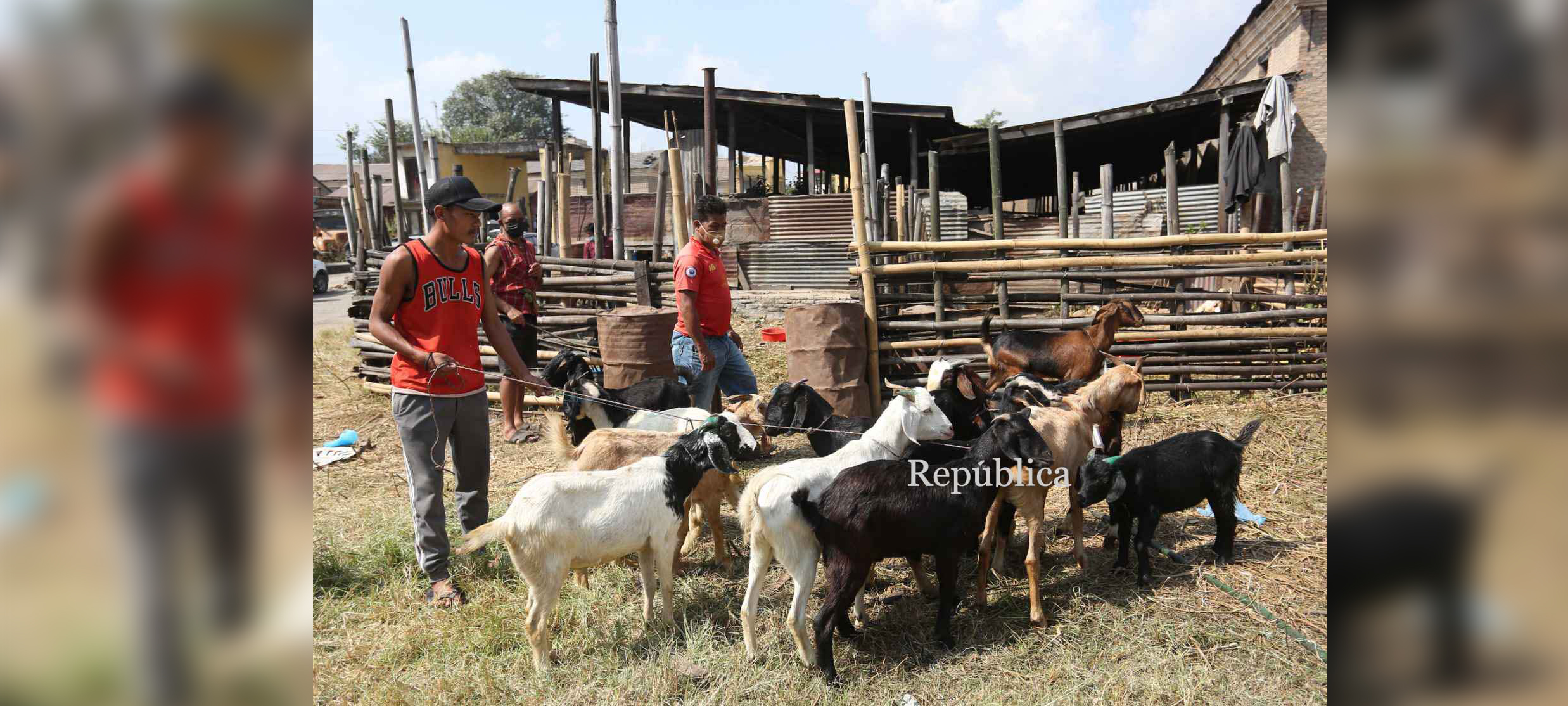
Nepal Livestock Traders Association sets price of Rs 660 to Rs 680 per kg, Food Management and Trading Company to set selling price on Monday
KATHMANDU, Oct 15: The Department of Livestock Services has initiated a campaign to label the horns of healthy goats with 'green' and unhealthy ones with 'red' marks to ensure the well-being of both animal and human health amid the festive season. The process of testing the health of goats has started at 11 different places in the valley. The government has also suggested buying only the goats with green marks for pure and healthy meat.
The department has initiated health examination of goats brought to the holding and collection centers in various locations, such as Kalanki goat market, Balkhu-Kalimati fish market, Chobhar checkpoint, Chalnakhel buff market, Tukucha goat market, Food Management and Trading Company Limited, Lokanjali goat market, Sallaghari mountain goat market, Mulpani goat market, Balaju bypass checkpoint, Lagankhel, Dhapakhel, Akashedhara, Sukedhara, and Chandragiri (Thanakot) wood depot.
The department’s spokesperson Dr Chandra Dhakal said that a team of five to seven people has been mobilized at the designated places for the health examination of goats. Animal health workers and technicians have been mobilized in those teams.
The health assessment of goats arriving in the market will continue until October 23. Veterinarians will inspect external signs of disease, heart palpitations, and blood samples to determine the health status of the goats. Healthy goats will be marked with a green label on their horns, while those found to be unhealthy will be marked with red labels, said Dhakal.
This color-coding system will also be used at the point of sale, allowing consumers to make informed choices. "There is a possibility that traders will sell goats affected by various diseases taking advantage of the occasion of Dashain," Dr Dhakal said, adding, "Considering human health, the government has started a program testing the health of goats entering the valley."
According to veterinarians, the meat of goats suffering from severe fever, PPR, rabies, canker sores and tuberculosis is considered extremely dangerous for human consumption. There is a high possibility of the same type of disease being transmitted to the human body by consuming the meat of goats affected by such diseases. People's lives can also be at risk.
According to the Department of Livestock Services, a study conducted in the valley in the past shows that 11.4 percent of the animals entering here were found to have salmonella bacteria and 80 percent were found to have coliform bacteria. Such bacteria have adverse effects on human health. According to the study, 75 percent of the infectious diseases that affect humans are transmitted from animals.
In the previous year's Dashain, the valley saw 51,000 live goats, 2,500 mountain goats, and 500 he-goats entering the valley. Deepak Thapa, president of the Nepal Livestock Traders Association, said that the import of goats for Dashain from various cities in India and Nepal began on Saturday. The association has also established the price range for live goats, setting it between Rs 660 and Rs 680 per kilogram.
However, the government-owned Food Management and Trading Company has not yet imported goats and mountain goats. The company is expected to start bringing these animals on Monday, with pricing and sales following soon thereafter.
Last year, the company brought 1,615 goats and 162 mountain goats, selling live goats at Rs 670 and mountain goats at Rs 1,250 per kilogram.
You May Like This
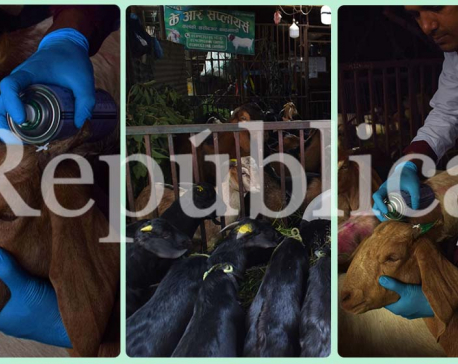
Livestock Department examining health of goats in Valley (photo feature)
KATHMANDU, Sept 28: The Department of Livestock Services has conducted health examinations of goats in the Kathmandu valley. The department... Read More...
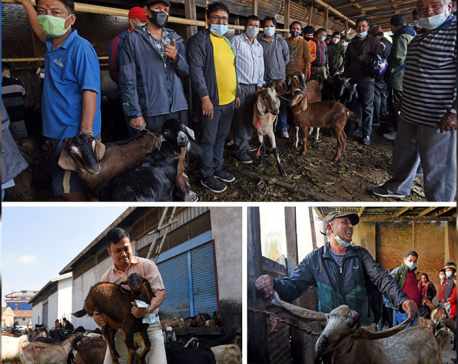
Dashain Aayo !
KATHMANDU, Oct 9: With the onset of Dashain, the greatest festival of Hindus in Nepal, people have thronged the markets... Read More...
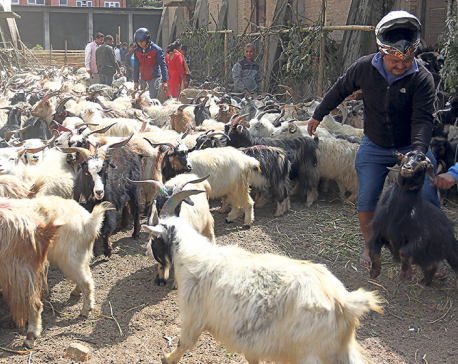
70,000 goats ready for sale this Dashain
KATHMANDU, Oct 3: About 70,000 goats are being prepared for sale in urban areas targeting the festival, according to the... Read More...



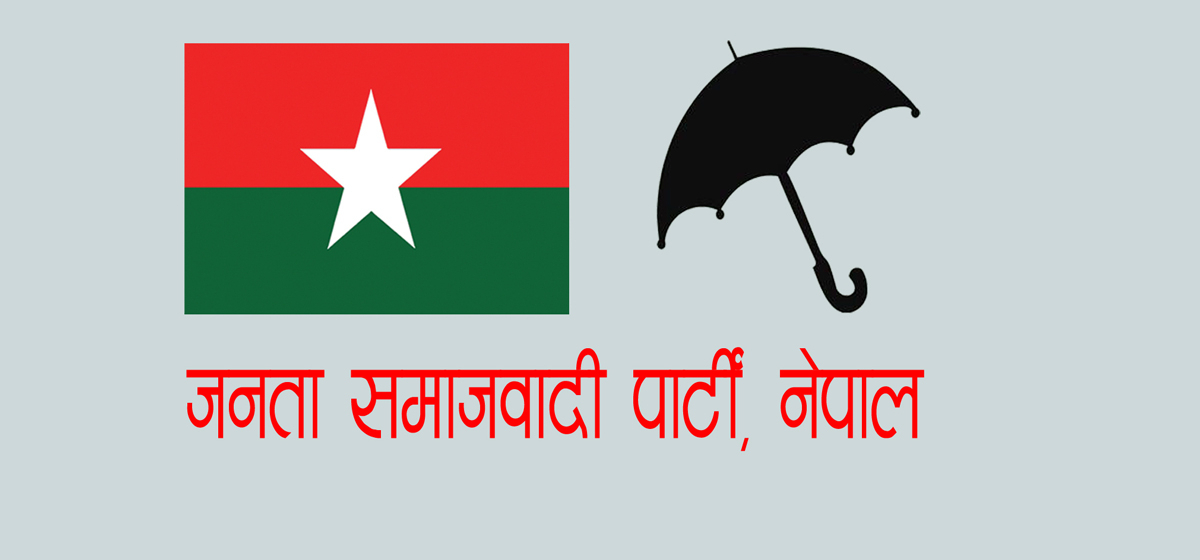

Just In
- JSP Central Executive Committee meeting being held today to discuss national convention representative election guidelines
- KMC adjust office hours, services now start at 9AM
- Five-match T20 series: first match between West Indies 'A' and Nepal starts today
- Govt yet to pay Rs 60 billion to contractors
- Nepal’s poorest district identified as Bajura, richest as Mustang
- Wind storm likely at a few places of Koshi and Sudurpaschim
- EVs adoption in Nepal surge in Nepal with government support measures
- Mayors' Forum urges Finance Minister Pun to settle electricity dues









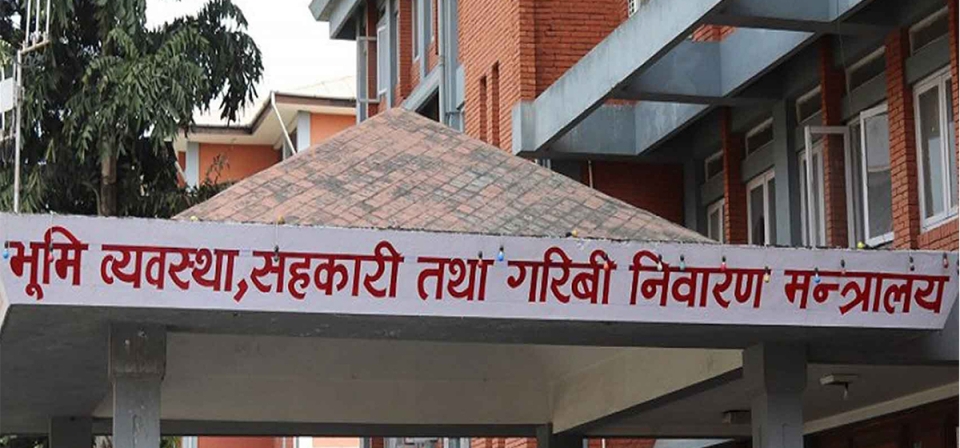



Leave A Comment